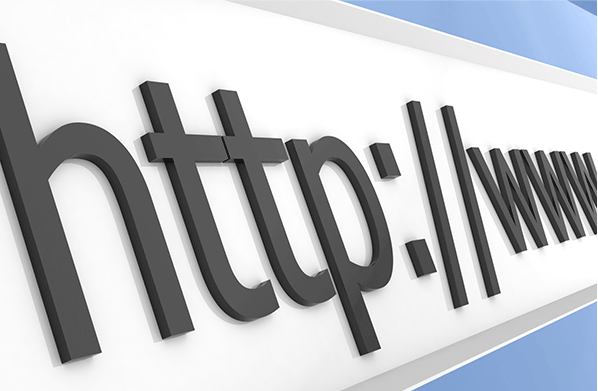No matter how incompetently government performs whenever it takes over the administration of yet another portion of our economy, the Obama administration always wants more.
Day after tomorrow the FCC is scheduled to vote on a proposal to bring more government to our daily lives with an Obama administration-backed plan to regulate the internet as a public utility. We’ve followed this proposal-misleadingly called net neutrality—for several years (including here, here, and here for starters).
In a single sentence Richard Fernandez of PJ Media sums up the real meaning behind the bland language of neutrality:
The administration’s plan to create a "free and open internet" means, as usual, the opposite of what it says.
Fernandez quotes the Wall Street Journal’s Gordon Crovitz on how “the permissionless internet,” which has allowed millions of innovative souls to set up a website without government interference, ends if the FCC votes day after tomorrow to turn the internet into a public utility.
Crovitz further notes that nobody expected the FCC’s power grab to get this far, but that the proposal received added impetus when President Obama in November demanded this extreme form of regulation for the heretofore dynamic internet. FCC Chairman Tom Wheeler has not let the public see the 300 page-plus proposal to put the internet under government control.
But we don’t need to see the secret proposal, argues Fernandez, to know what is at stake:
The specifics of the grab don’t matter as much as the direction in which things must inevitably move. Regulation is an absorbing state like the Hotel California. You can try to check out any time you like, but once inside you can never really leave. Three hundred pages of regulation will become 301 … 302 … A new administration might slow down the rate of growth, but it can never reverse it.
The very success of the Internet doomed its independence. Like any rich, glittering center of wealth that springs up in the desert sands, it would inevitably be coveted by nearby chieftains. And if there’s anything this administration — and to a lesser extent any administration — hankers after it is power. So a-raiding they will go. So here is prince Barack, at the tech city gates, demanding the keys. Not that he will know what to do with it after obtaining them. But possession of the bauble is in the first instance enough.
Fernandez gets into some sinister notions about the use of information in a new world order. I don’t think you have to go there to see that this latest federal power grab is bad for internet users (and that includes just about all of us now) and that, whatever distant implications Fernandez sees, we will all experience something more immediate: the slowing down of the internet as a force for economic freedom. We will see an internet that provides unparalleled opportunities for millions become as sluggish and hamstrung as the rest of the economy.


